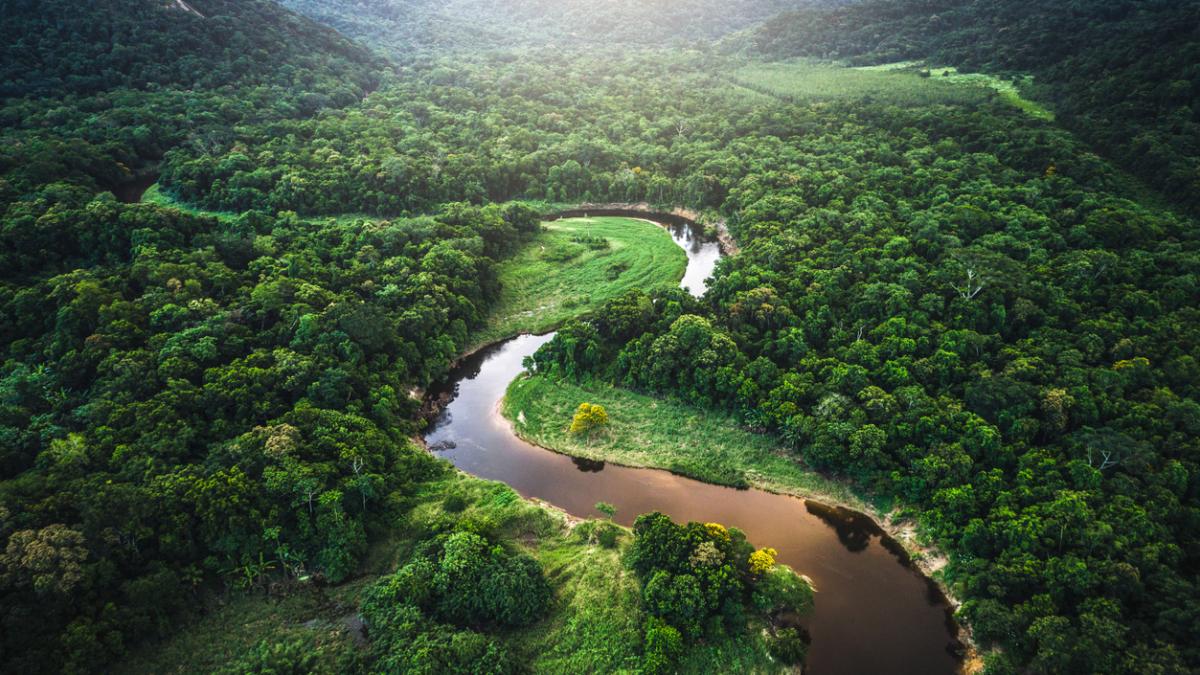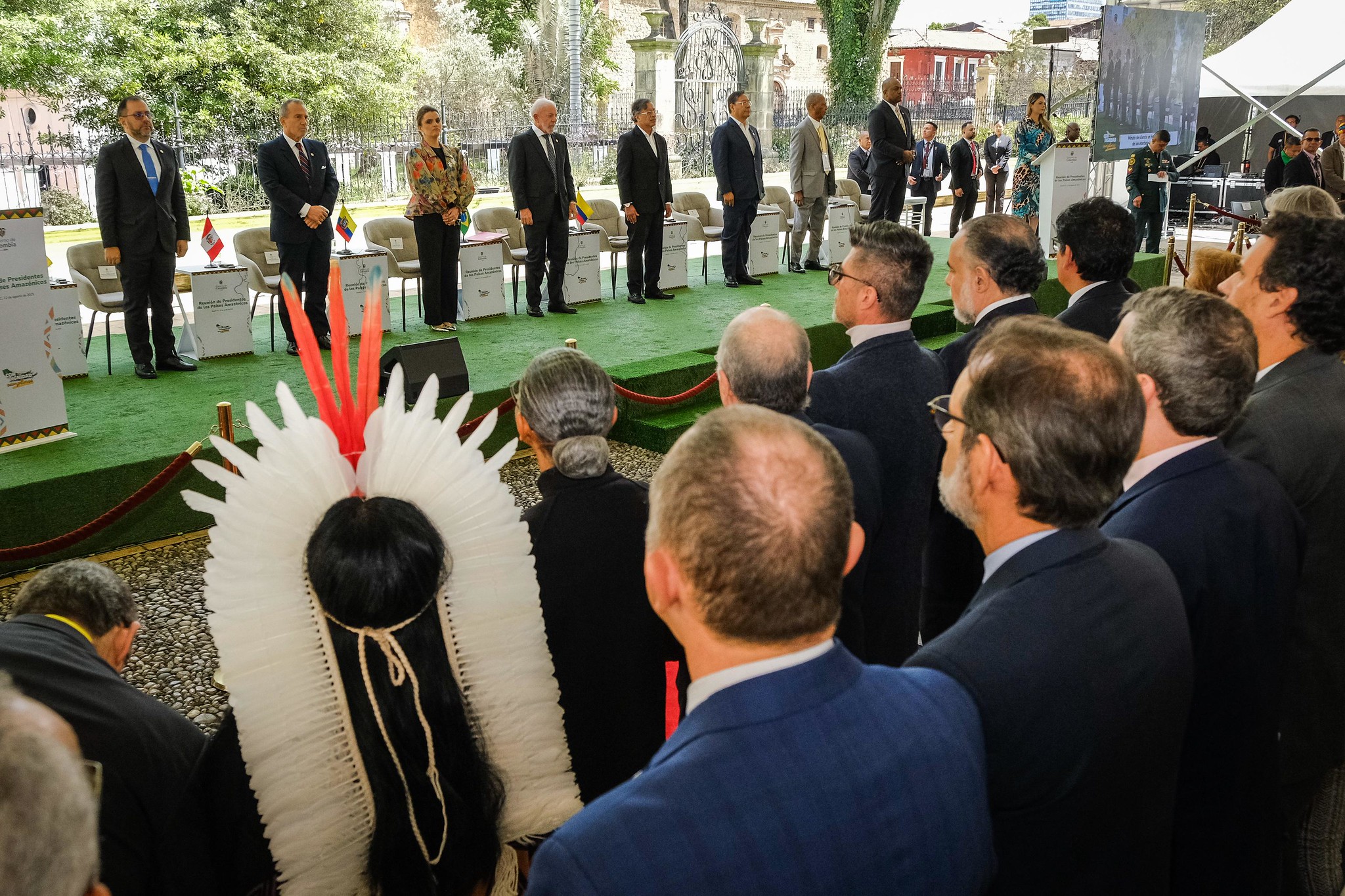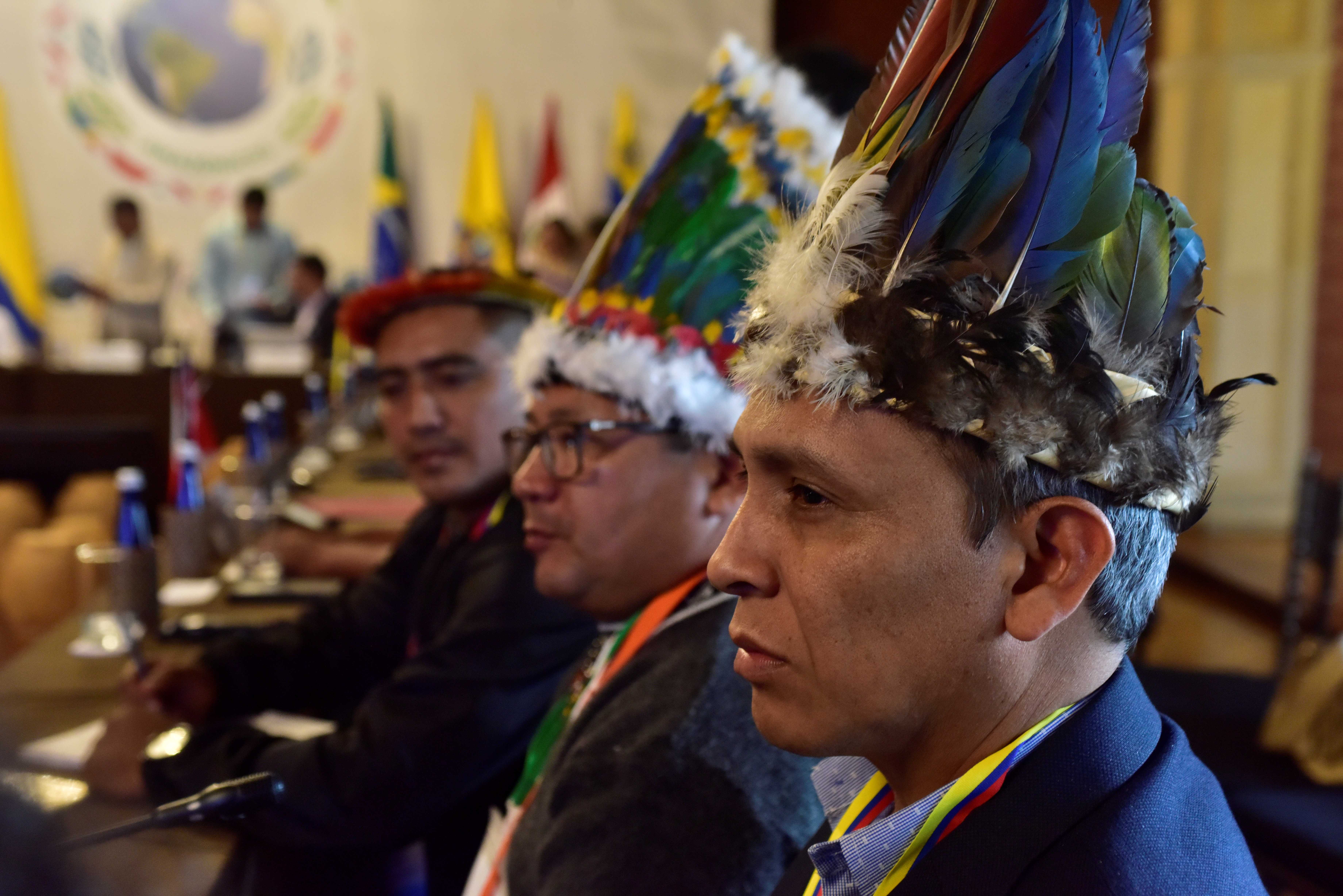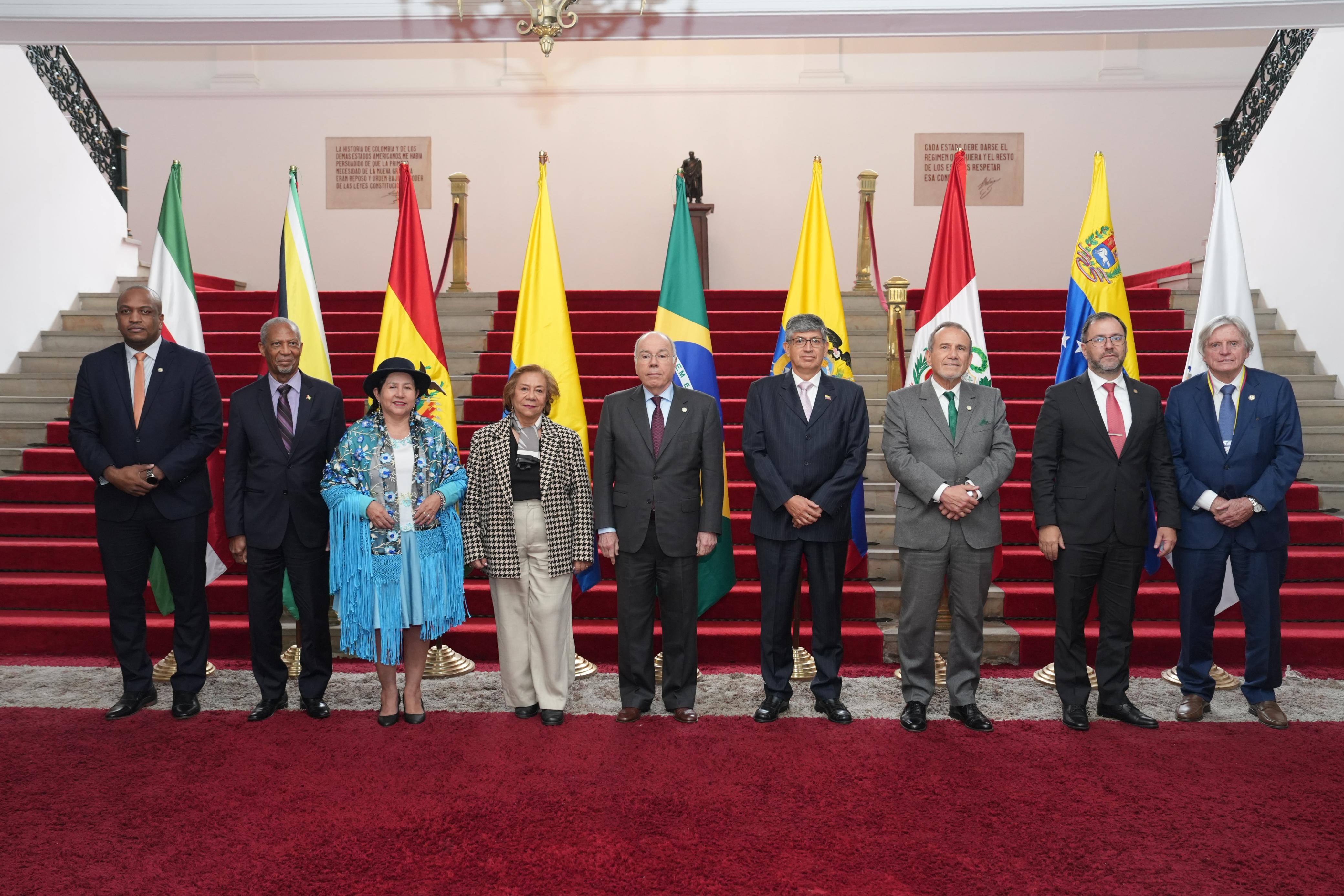The defense of the Amazon dominated the Summit of Amazonian Countries, held from August 18 to 22 in the Colombian capital. Brazil used the meeting to emphasize the need to increase resources allocated to the Tropical Forests Forever Fund (TFFF), an initiative created in 2023 that will be officially launched at COP30 in Belém in November.
President Luiz Inácio Lula da Silva called for stronger global governance and warned of the risk that environmental commitments may not be implemented. “At every COP, decisions are made that are later not applied. We need global governance to protect the Amazon and ensure more resources for the TFFF,” he said.
The fund aims to create economic incentives to reduce pressure on tropical biomes. Countries that manage to keep deforestation rates near zero will receive payments per hectare preserved. Those that fail to meet the targets will have to contribute financially to the mechanism.
This innovative mechanism, which provides large-scale payments, is a great opportunity in Lula’s words, for the northern and southern hemispheres to work together to preserve forests and thus reduce deforestation in different parts of the world, including the Amazon.
The Bogotá Declaration was adopted by the eight countries that make up the Amazon Cooperation Treaty Organization (ACTO). The text reaffirms the regional commitment to support the launch of the TFFF at COP30 and recognizes the mechanism as an innovative alternative for financing long-term forest conservation.
For Martín von Hildebrand, Secretary-General of the Amazon Cooperation Treaty Organization (ACTO), the challenge is urgent: “The great tropical forest should be capturing excess CO2. Unfortunately, savannization is doing the opposite. If we don’t maintain our forests, we will reach the point of no return sooner than expected.”
Today, the world has approximately 1.2 billion hectares of tropical forests distributed across the Amazon, the Congo Basin, and Southeast Asia, ecosystems that are being affected by uncontrolled deforestation. Hence the main idea behind the TFFF: to create economic incentives for countries that manage to maintain zero deforestation. In other words, countries that conserve their forests will receive a payment per hectare conserved, while those that fail to do so will have to contribute a certain amount to the fund.
In order for countries to join the TFFF, they must have an annual deforestation rate of no more than 0.5% of their total forest area and, of course, present figures that show a downward trend compared to the year prior to the application for membership.
Follow us on social media:
X: @OTCAnews
IG: @otca.oficial



